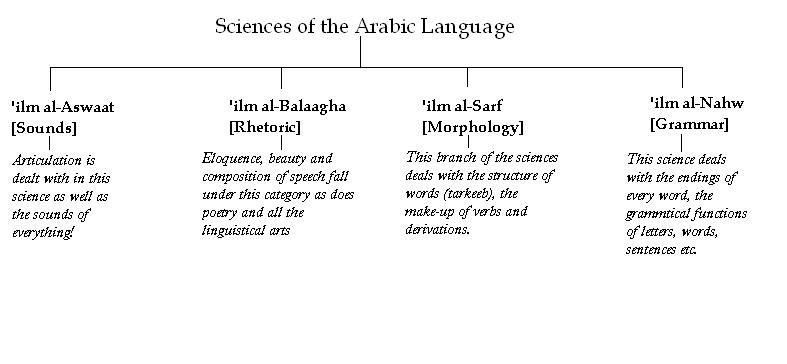Shu'bah (rahimahullah) once said:
مَثَلُ الَّذِي يَحْفَظُ بَلْ يَتَعَلَّمُ الحَدِيْثَ و لا يتعلّمُ النَّحْوَ مثل السرير لا رأسَ له
"The likeness of one who memorizes, rather he learns the prophetic narrations but does not learn an-Nahw is like the bed with And on the no headboard."
مَثَلُ الَّذِي يَحْفَظُ بَلْ يَتَعَلَّمُ الحَدِيْثَ و لا يتعلّمُ النَّحْوَ مثل السرير لا رأسَ له
"The likeness of one who memorizes, rather he learns the prophetic narrations but does not learn an-Nahw is like the bed with And on the no headboard."
Last edited:





